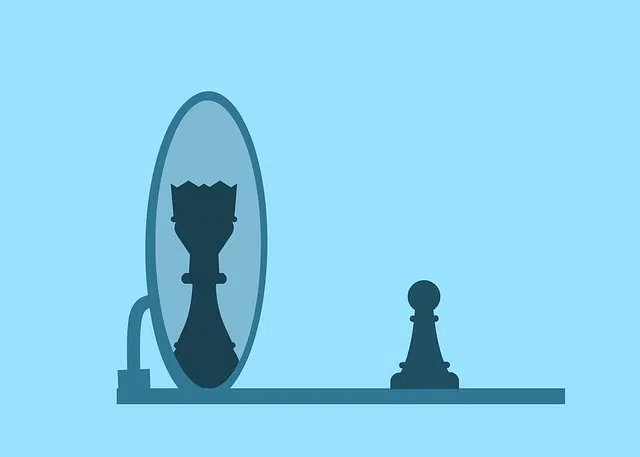
Egocentrism is the excessive exaltation of one's own personality.
Psychology affirms that the ego is the psychic instance that allows a subject to be aware of its own identity and recognize itself as self . The ego mediates between the desires of the id and the moral mandates of the superego so that the individual can satisfy his or her needs within social parameters.
The excessive love that a person has for himself is known as selfishness , which leads him to attend only to his own interest, without being interested in the well-being of others. Egoism is, therefore, the opposite of altruism.
Egocentrism , a term that refers to focusing on the ego (that is, the self), is the exaggerated exaltation of one's own personality . The egocentric makes his personality the center of attention.
Egocentrism according to psychology
Psychologists highlight that egocentrism consists of believing that one's own opinions and interests are more important than the thoughts of others. What the egocentric wants is, in his view, the only thing that has value.
The Swiss experimental psychologist Jean Piaget ( 1896 – 1980 ) stated that all children are egocentric since their mental abilities do not allow them to understand that other people may have criteria and beliefs different from their own. Other specialists, however, minimize their studies.
Various thinkers have expressed their ideas about egocentrism and its consequences, and it is very interesting to observe that it is an extreme behavior, which deprives a person of happiness as much as its opposite does, absolute dedication to others, neglect of one's own needs. In one of his famous quotes, the Swiss philosopher Henri Frédéric Amiel expressed that " a laborious way of being nothing is to be everything... to want nothing is to want everything "; This very explicitly sums up the emptiness that comes with egocentrism.

Pride and selfishness are usually linked to egocentrism.
Disconnection with the rest
When a person focuses their entire existence on themselves, the most obvious repercussion is the disconnection with the rest of living beings, the lack of commitment and interest towards others; However, it is overlooked that egocentrism is also a form of isolation .
By focusing exclusively on your own needs, you eliminate the presence of potential friends. Egocentric individuals are often defined as beings who can only love themselves; This may also mean that they consider themselves too good to be appreciated by others, since they cannot understand their superiority .
Egocentrism and surrender to another person
At first glance, everything seems to indicate that a self-centered person is a kind of insatiable monster of flattery , who does not show any type of genuine interest in the world around him; But studying the opposite behavior, very curious similarities emerge, which call into question the veracity of these delusions of grandeur . Almost all human beings dedicate their lives to procreating, raising and maintaining their children, trying to provide them with the opportunities that ( they claim ) they did not receive in their youth.
From extreme devotion to the care of another living being comes an inevitable neglect of one's own needs, which results in a series of frustrations , whether or not they exist on a conscious level. Why does a person give their entire life to another? If the answer lies in believing oneself to be insignificant or not so important as to put one's own existence before that of one's neighbor, then this attitude is related to egocentrism in a way that is as curious as it is alarming: in both cases a person is magnified, one speaks of inferiority and superiority, and both result in a solitary life .
In short, the path to happiness is likely to lie somewhere near the center of these two extremes, which, depending on the perspective from which you view them, appear to be the same.
